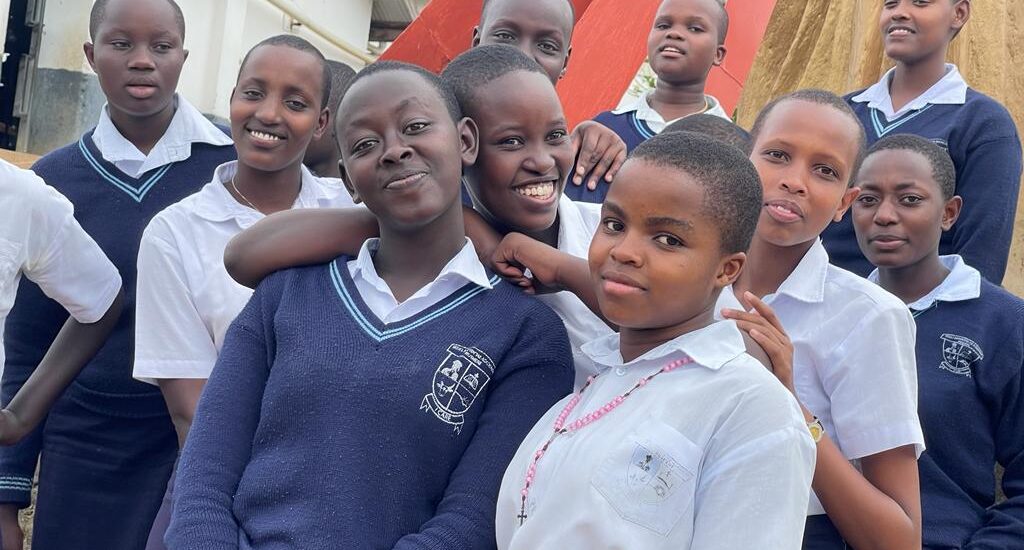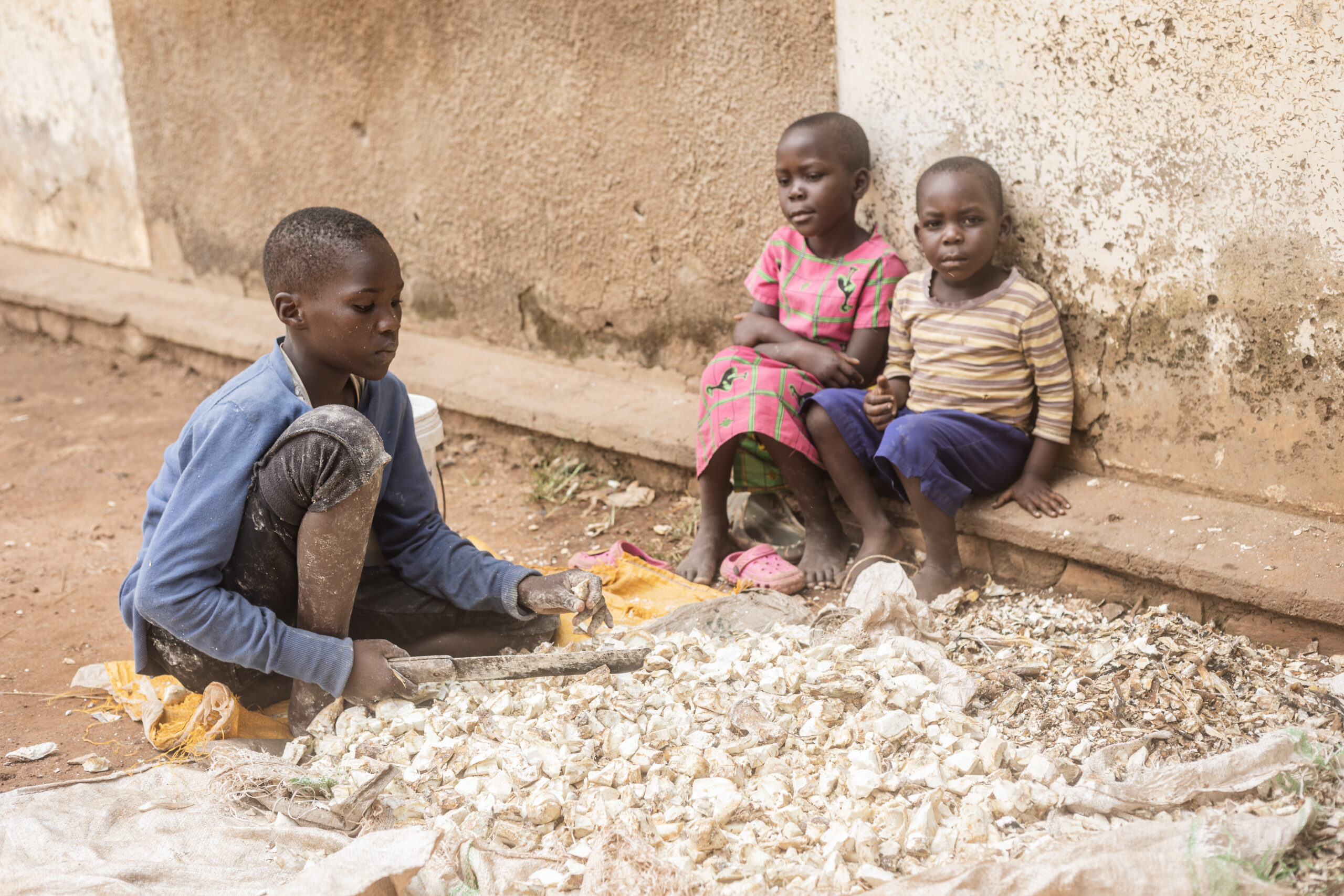Child marriage is a harmful practice that robs young girls of their childhood and denies them the opportunity to reach their full potential. It is a violation of their basic human rights and can have long-lasting negative effects on their physical, emotional, and psychological well-being. While child marriage is widespread in many parts of the world, it is important to recognize that education is a powerful tool in ending this harmful practice.
Education plays a crucial role in preventing child marriage in several ways.
- Education empowers young girls with knowledge and information about their rights and options. When girls are educated, they are more likely to understand the negative consequences of child marriage and to advocate for themselves. They are also better equipped to make informed decisions about their own lives and futures.
- Education increases girls’ economic opportunities, which can act as a deterrent to child marriage. When girls have access to quality education, they are more likely to pursue careers and financial independence, making them less vulnerable to being married off at a young age. Education can also provide girls with the skills and knowledge needed to participate in the workforce and contribute to their communities, giving them a sense of purpose and agency outside of marriage.
- Education can change social attitudes and norms around child marriage. By promoting gender equality and challenging traditional beliefs, education can help shift societal perceptions of the value of girls and women. When communities prioritize girls’ education, they are more likely to recognize the importance of delaying marriage and investing in girls’ futures. This can create a ripple effect, leading to a more supportive environment for girls to thrive and avoid the harmful consequences of child marriage.
- It is important to note that education does not only benefit the individual girl, but also the larger community. When girls receive an education, they are more likely to marry later, have fewer children, and better provide for their families. Educated girls are also more likely to prioritize the education of their own children, breaking the cycle of poverty and disadvantage that often perpetuates child marriage.
In conclusion, education is a critical and effective tool in ending child marriage. By empowering girls with knowledge, skills, and the opportunity to pursue their dreams, education can help to break the cycle of poverty and discrimination that fuels child marriage. Investing in girls’ education is not only a moral imperative, but also a practical and sustainable solution to ending child marriage and creating a better future for all.






